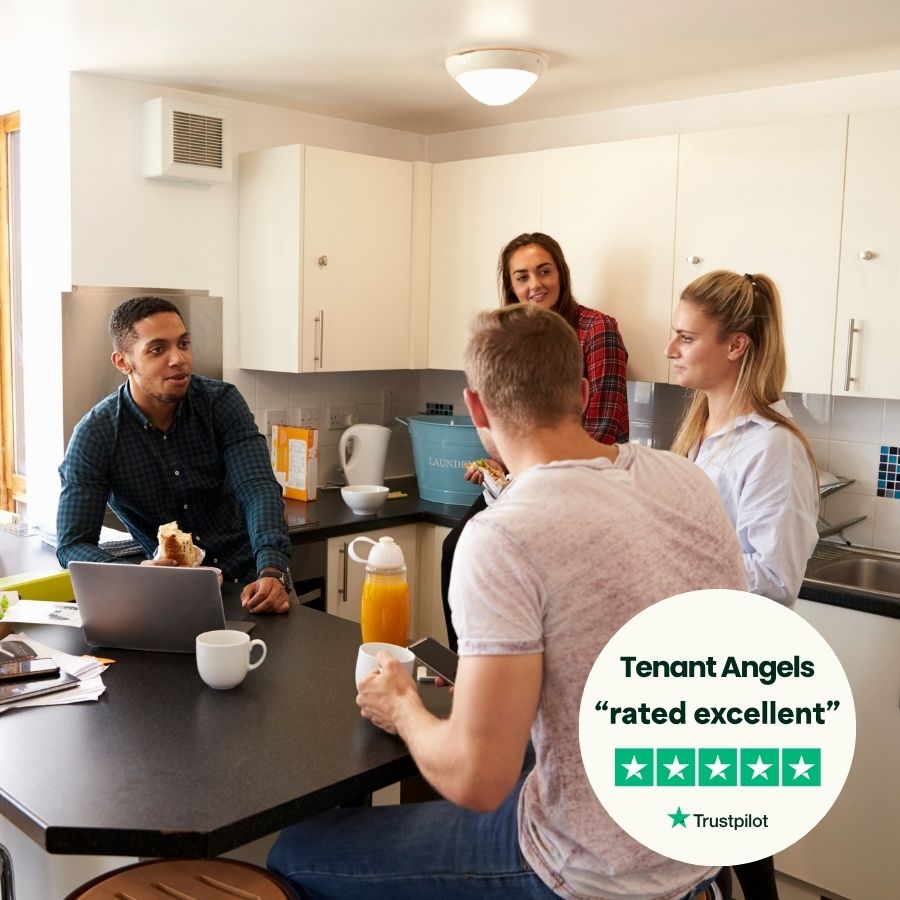What Is A Landlord Licence?
And What It Means For Tenants If Your Landlord Doesn't Have A Licence
There Are 3 Main Types of Landlord Property Licence
Here are the three main types of rental property licence: (click to expand)
- The property is rented to 5 or more people;
- From 2 or more separate households;
- And they share facilities (like a kitchen or bathroom).
A Mandatory Licence applies nationwide.
Some councils require smaller HMOs to be licensed too – even if there are fewer than 5 people.
This is known as additional licensing, and it varies by local authority.
Example: A flat with 3 unrelated tenants sharing a kitchen in an area where additional licensing is in place.
This applies to all rented properties in certain areas, regardless of how many tenants live there.
Councils introduce selective licensing to improve housing conditions in specific neighbourhoods.
Example: A 2-bedroom house rented to a single family in a selective licensing area like parts of Croydon, Liverpool, or Nottingham.
Don’t worry if you’re not sure which licence applies – we can check for you.
Why Landlord Licensing Schemes Exist
- Many private rentals (especially HMOs) were found to be unsafe or poorly maintained.
- Licensing lets councils enforce minimum safety and management standards (fire safety, overcrowding, repairs, gas/electrical checks).
- Tenants in vulnerable situations (low income, young renters, migrants) are at higher risk of exploitation.
- Licensing ensures landlords are “fit and proper persons” and operate legally.
- Councils can require licences in areas with persistent problems: poor conditions, antisocial behaviour, or high levels of non-compliance.
- Licensing gives councils a register of landlords and a legal stick – they can prosecute, fine, or issue Rent Repayment Orders for non-compliance.
- Some selective licensing schemes target areas with low housing demand or antisocial behaviour hotspots.
- The idea is that regulating landlords helps stabilise communities and prevent decline.
- Licensing forces landlords to come onto the council’s radar.
- This makes enforcement easier and helps councils plan better housing policies.
Rent Repayment Orders Have Featured In












What Is a Rent Repayment Order?
The most common offence is the landlord’s failure to obtain a licence from the council, which is a clear breach of the Housing Act 2004.


Who Can Make a Claim?
- You are a private tenant or former tenant;
- The property was rented within the last 12 months;
- The landlord committed a specific housing offence during your tenancy, such as failing to obtain a licence.
Chat To Our Friendly UK Based Team


Tenant Angels is 5 Star Rated
Posted on
Free Newsletter For Tenants
Frequently Asked Questions
A Rent Repayment Order is a legal ruling made by a housing tribunal that forces your landlord to pay back up to 12 months’ rent if they’ve broken certain housing laws. You can apply whether you’re still living there or have already moved out.
You can apply if:
- You’re a private tenant or former tenant;
- The offence happened within the last 12 months;
- Your landlord committed a qualifying offence (like renting out an unlicensed property).
You don’t need a solicitor, but expert help can boost your chances of success.
The most common offences include:
- Renting a property without the right HMO or selective licence
- Illegal eviction or being locked out without proper notice
- Harassment or threats from your landlord
- Ignoring council improvement or safety notices
- Breaching banning orders or overcrowding rules
If you’re unsure, we can check for you.
You can claim up to 12 months’ rent, even if you paid via Housing Benefit or Universal Credit.
Tribunals often award 50% to 100% of the total rent, depending on the case details and landlord behaviour.
Not usually. RRO claims are handled by the First-tier Tribunal (Property Chamber), which is much less formal than a court. You may not need to attend in person, especially if you have someone helping you with your case.
Yes, they will be notified as part of the tribunal process. However, you have legal protection and your landlord cannot retaliate if the tenancy has ended. If you’re still living at the property, we’ll discuss safe options.
Yes – as long as the offence happened within the past 12 months, you can still claim, even if you’ve left the property.
It varies, but most claims are resolved within 3 to 6 months. We’ll keep you updated every step of the way.
Our expert panel of solicitors will manage the entire process for you, making it stress-free and simple. Once we have all of the correct information, you’ll be kept up to date until the day you get paid!
We offer a free initial check, and if your case qualifies, we work with housing specialists who can assist on a no-win, no-fee basis. That means you only pay if your claim is successful.
Just fill out this short form to get started. We’ll review your answers and get in touch to explain your options – no pressure, no obligations.
